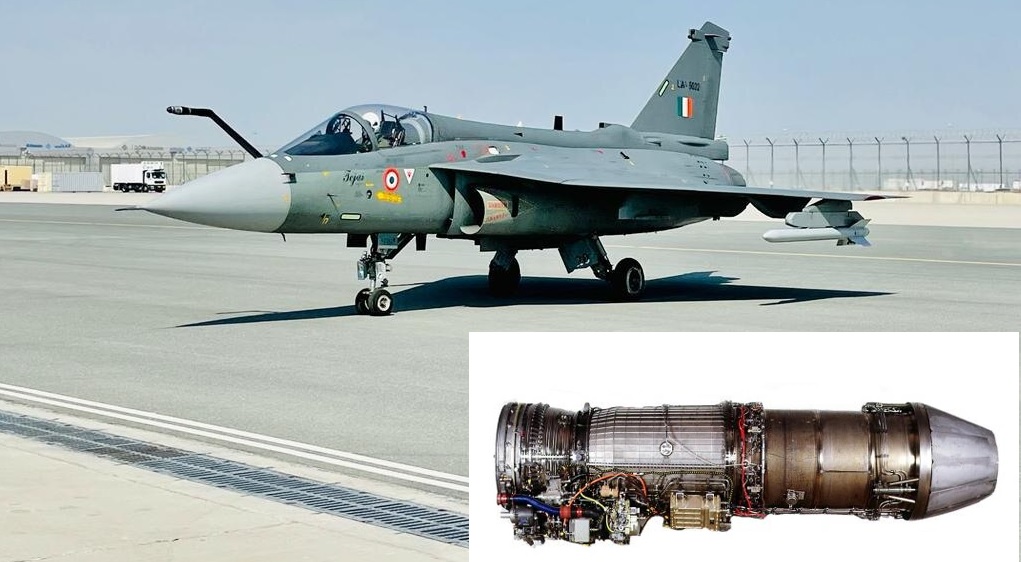How Turkey’s Order of F404 Engines Could Accelerate India's Tejas Mk1A Deliveries

Turkey’s recent order of 100 F404 engines for its Hurjet light fighter jets has brought renewed attention to an engine family that holds crucial importance for India’s Tejas Mk1A program. As both nations gear up to strengthen their respective air forces with indigenous aircraft, the shared reliance on General Electric’s (GE) F404 engine could actually benefit India's Tejas program, despite the initial appearance of added competition for engine supply.
India has long faced challenges with the timely delivery of its Tejas Mk1A jets, a situation partly driven by the global demand for the F404 engines. The Tejas Mk1A uses the F404-GE-IN20 variant, a higher thrust model specifically designed for its needs. However, securing these engines in a competitive landscape has been difficult, given the rising global interest in the F404 engine family. The United States' T-7A Red Hawk trainer and South Korea's T-50 Golden Eagle jets, both powered by variants of the F404, have created additional pressure on GE Aerospace’s production lines.
Turkey's decision to procure 100 F404 engines for its Hurjet project comes at a critical moment. While the Hurjet and the Tejas Mk1A are different aircraft, their dependence on the same engine type could actually provide a boost to India's fighter jet program. Turkey's sizable order is expected to push GE Aerospace to expand its production capabilities, benefiting India indirectly by securing a more reliable supply of F404 engines.
The F404 engine, which once appeared to be on the verge of being phased out in favor of newer, more powerful models like the F414 used in the US Navy’s Super Hornets, is experiencing a revival. With countries like Turkey and India relying on it for their advanced light fighters, the engine's robust and reliable performance has become more valuable than ever. GE’s focus on ramping up production of this engine family is a response to rising global demand, ensuring its longevity in the market.
As GE Aerospace accelerates its production pace, the Indian Air Force could benefit from faster deliveries of the Tejas Mk1A. With the Tejas program already facing delays, a more consistent supply of engines could streamline production and allow India to meet its ambitious air fleet modernization goals. This not only strengthens India’s defense capabilities but also positions the Tejas as a significant player in the global market for light fighter aircraft.
In the end, Turkey’s order of F404 engines doesn’t just affect its Hurjet program. It has far-reaching implications for GE Aerospace’s production and, more importantly, for India’s Tejas Mk1A. As the demand for these engines surges, so too does GE’s commitment to scaling up its production capacity, ultimately paving the way for faster and more reliable engine supplies for both countries.
What initially seemed like a competition for resources could turn into a mutually beneficial situation, where both Turkey and India gain from the F404 engine’s resurgence. With increased production, India stands to speed up deliveries of its Tejas Mk1A jets, which are vital for modernizing its air force. At the same time, Turkey will advance its own Hurjet program, contributing to the global demand that is driving this production boom.
In conclusion, while the F404 engine may have once appeared to be nearing the end of its life cycle, its role in multiple light fighter projects across the globe ensures its continued relevance in modern military aviation. For India, the expanded production capacity could offer the boost needed to expedite the delivery of Tejas Mk1A jets, securing a more robust future for the Indian Air Force.


